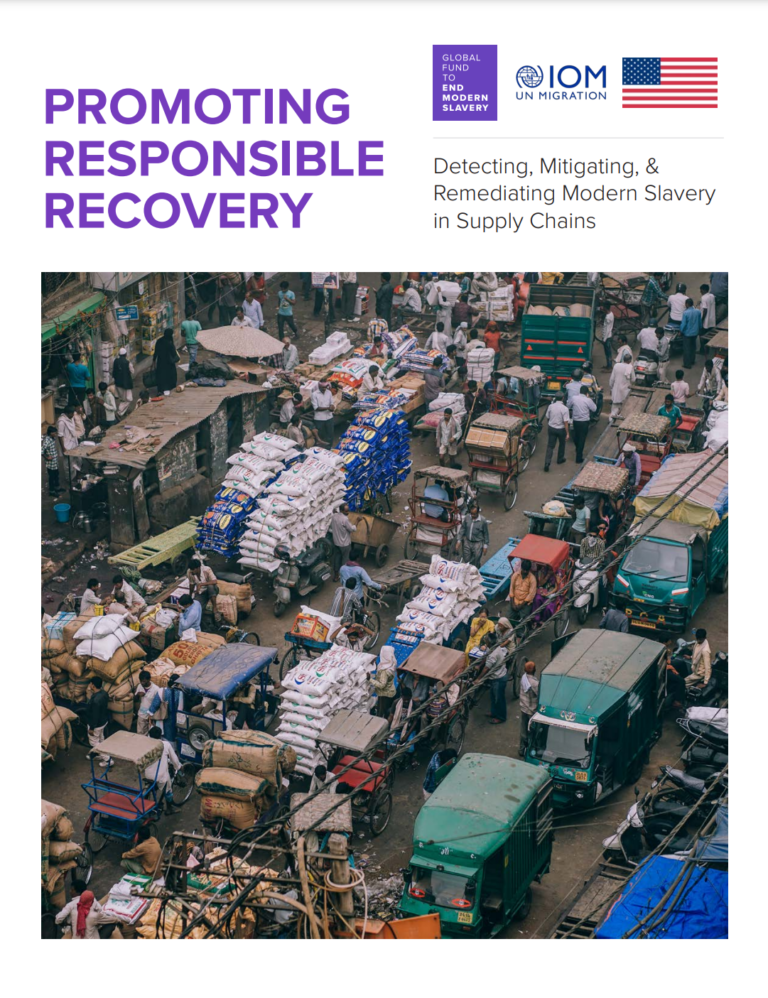This briefing forms part of a broader five session series of webinars standing to tackle contemporary issues impacting modern slavery in supply chains, calling for candid discussion and pragmatic solutions.
Workers themselves know better than anyone the conditions under which they are employed. The problem is that many companies aren’t asking or aren’t listening — at least not in an effective manner. At the same time, COVID-19 has presented new considerations as workers are socially isolated, and lack the regular channels for providing feedback. However, does this also present new opportunities for disclosure of risk?
Numerous solutions to strengthen worker voice already exist while technological advances continue to offer refinements. Technology is also just one component in an operational strategy of dialogue and engagement. This session discussed promising products and concepts in identifying and addressing modern slavery through worker feedback. Obtaining worker feedback should not be viewed as a luxury but instead at the core of good business.

